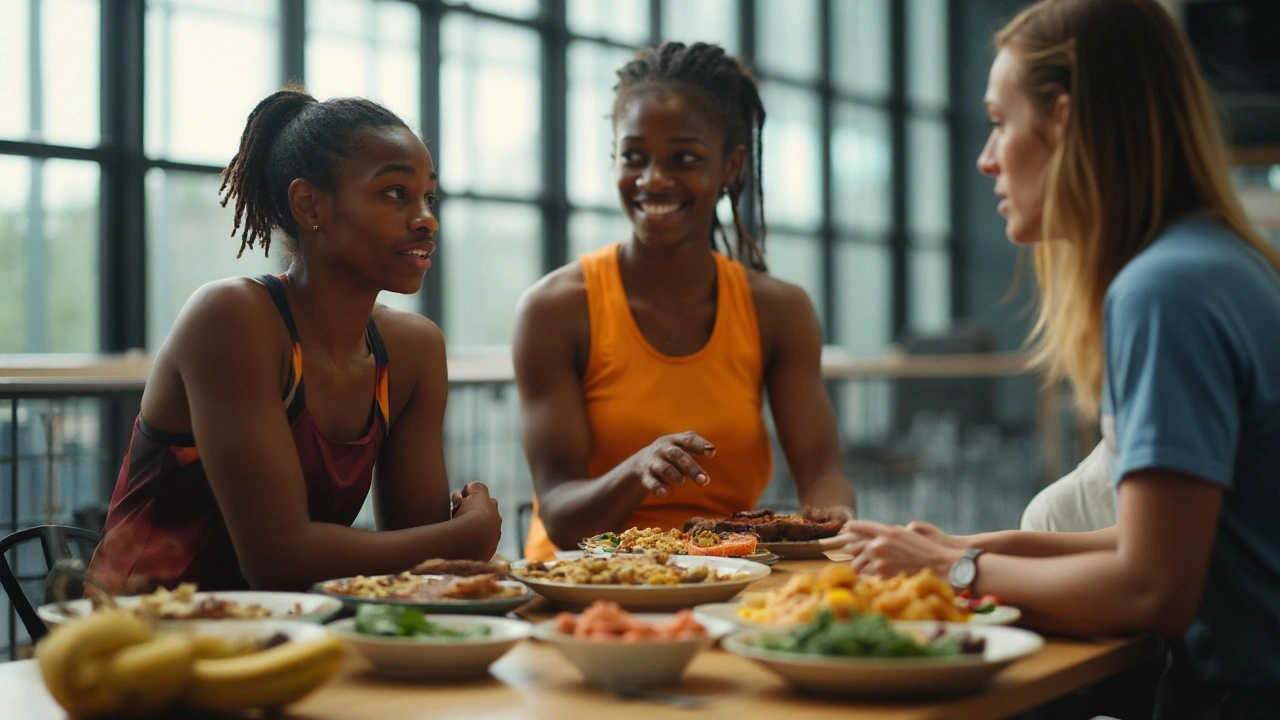Vitamin B6: What It Does and How to Get Enough
Vitamin B6, also called pyridoxine, is a water‑soluble vitamin that helps your body turn food into energy. It supports brain chemicals, red blood cell production, and the immune system. If you’re missing it, you might feel tired, irritable, or have skin rashes.
Why Vitamin B6 Matters
The biggest job of vitamin B6 is to act as a co‑enzyme in more than 100 chemical reactions. Those reactions include breaking down proteins, carbs, and fats so your cells can use them. It also helps make neurotransmitters like serotonin and dopamine, which affect mood and sleep.
Another key role is creating hemoglobin, the part of red blood cells that carries oxygen. Low B6 levels can lead to anemia, making you feel weak even after a good night’s rest. Your immune system also relies on vitamin B6 to make antibodies that fight infections.
How to Get Enough Vitamin B6
The easiest way to keep your levels healthy is through food. Good sources are chicken breast, tuna, salmon, bananas, potatoes, and chickpeas. A single serving of baked potato with skin gives about 0.5 mg of B6, which is close to the daily adult need of 1.3–2 mg.
If you’re vegetarian or vegan, focus on beans, nuts, seeds, and fortified cereals. One cup of cooked lentils provides roughly 0.4 mg. For most people, a balanced diet covers the requirement without extra supplements.
Supplements are helpful when doctors diagnose a deficiency or when certain conditions increase demand, such as pregnancy, kidney disease, or some medications. Choose a product that lists “pyridoxine HCl” and stay within the recommended 100 mg upper limit for short‑term use. Overdosing can cause nerve damage, so never self‑prescribe high doses.
Spotting deficiency early saves trouble. Look for symptoms like cracked lips, sore tongue, depression, confusion, or frequent infections. Blood tests confirm low B6 levels, and treatment usually involves diet changes plus a low‑dose supplement.
In summary, vitamin B6 is essential for energy, brain health, blood formation, and immunity. Eat a mix of animal protein, whole grains, and veggies to stay covered. If you suspect a problem, talk to a pharmacist or doctor before adding supplements.
Pyridoxine (Vitamin B6) for Athletes: Performance, Recovery, Doses, and Safety
Clear, evidence-based guide on pyridoxine (vitamin B6) for athletes: what it does, how it affects performance and recovery, food sources, dosing, and safety.
